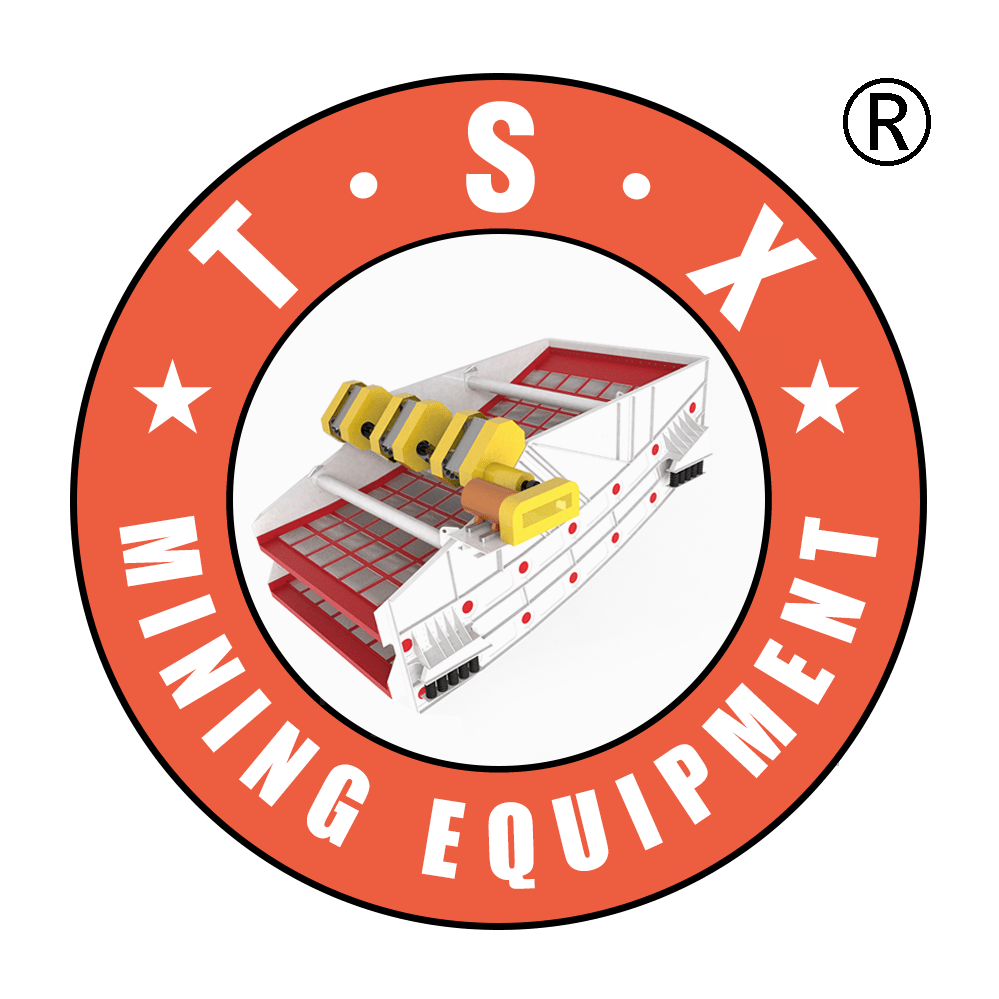An instrument used for screening slurry and mucus
ZS vibrating slurry screen is designed and manufactured based on the production of ZS vibrating screen separator by our company for many years.
Structural features: 1. High screening accuracy, with the fineness up to 500 meshes (28um) and the filtration up to 5um. 2. The screen frame has unique design, no slurry leakage, fast screen change, and it is not easy to see. 3. Small size, light weight, convenient movement, simple operation and convenient maintenance. 4. Low energy and high efficiency, automatic grading and continuous production. 5. It is applicable to any slurry, mucus and powder materials. Food industry: starch, soybean milk, fruit juice, beverage, milk mouth, condiment.
1、 Application of solid-liquid separation vibrating screen
As we all know, there are two kinds of screening for mineral materials: dry screening and wet screening, and in some cases, wet screening
The method of sieving has great advantages, so the adoption of wet sieving is very popular, but a new problem arises in this fruit surface. The concentrate product after wet sieving will contain a lot of water, even several times more than the quality of solid mineral aggregate, which is not only inconvenient to transport, but also increases the transport cost;
More importantly, it does not meet the needs of industrial processing, which requires the solid-liquid separation vibrating screen to conduct solid-liquid separation of the concentrate after the wet screening, so that the water content of the mineral aggregate can meet the needs of industrial processing.
2、 Working objectives of solid-liquid separation vibrating screen
Roughly speaking, it is to reduce the moisture content in the concentrate, and the precise goal is to treat according to different screening processes.
The quality of water in the concentrate treated by the flotation process after solid-liquid separation shall be 3 to 6 times that of solid; After solid-liquid separation, concentrate treated by gravity concentration process shall.
The mass of water is 2 to 9 times that of solid; The concentrate after magnetic separation process is subject to solid-liquid separation.
After separation, make the mass of water 2 to 5 times that of solid. The specific proportion depends on the actual use of materials to determine.




